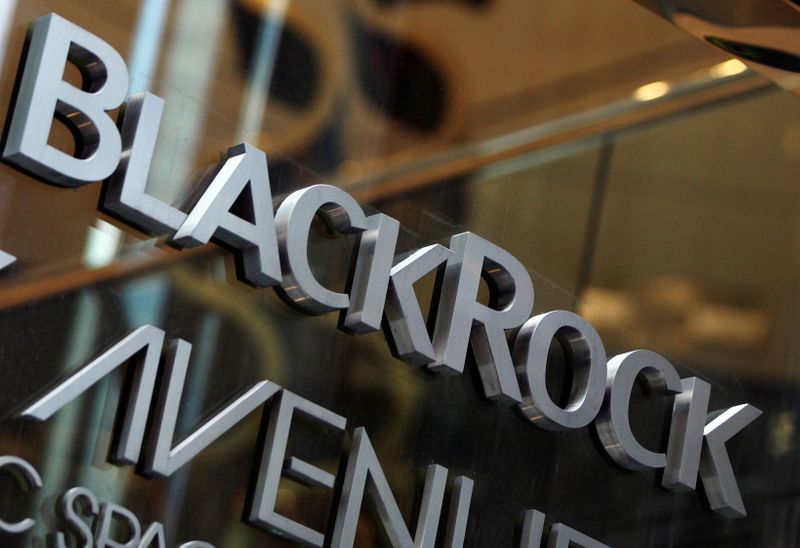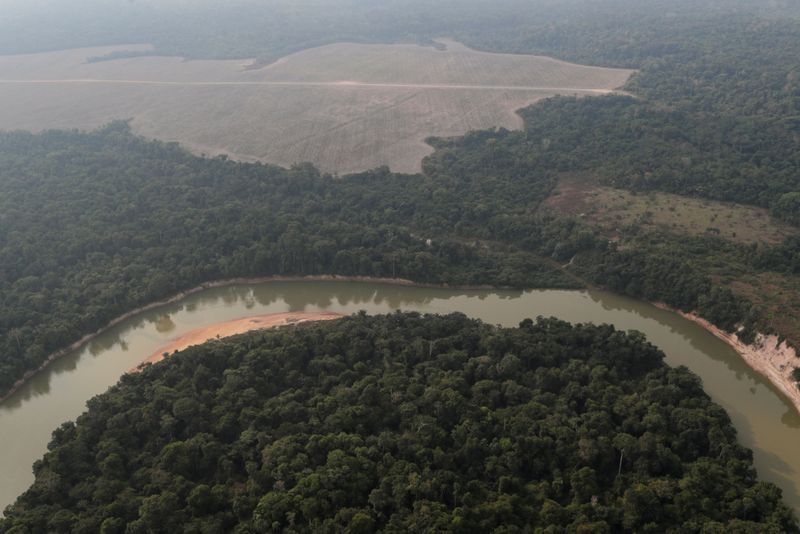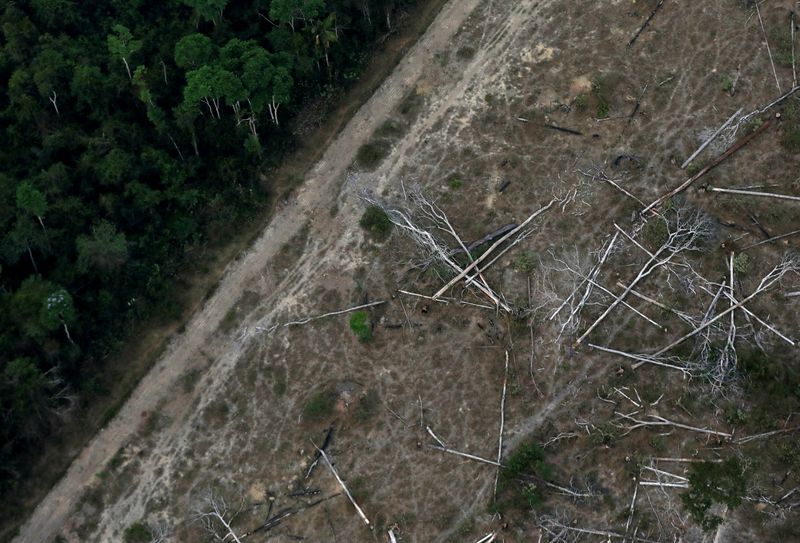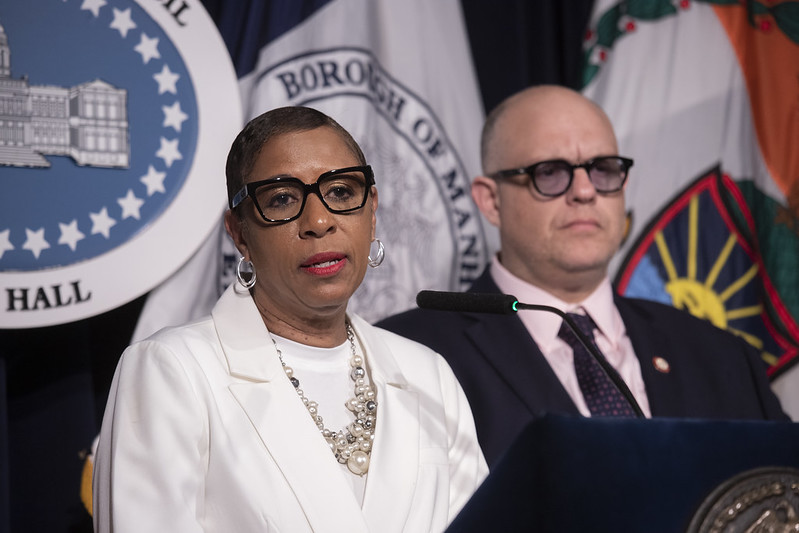LONDON/BOSTON (Reuters) – BlackRock on Thursday warned companies that rely on nature or have an impact on natural habitats to publish a “no deforestation” policy and their strategy on biodiversity or face pushback from the asset manager at their annual meetings.
The world’s biggest asset manager is keen to position itself as a leader in sustainable finance and over the last year has looked to take a tougher position on companies not performing on environmental, social and governance related issues.
How companies manage ‘natural capital,’ such as water and forests, is seen as an integral part of their response to climate change and a driver of value for shareholders.
“All companies rely on natural capital in some way and, as the world transitions to a low-carbon economy, we ask companies to demonstrate how they are minimizing their negative impacts on, and ideally enhancing the stock of, the natural capital on which their long-term financial performance depends,” BlackRock said in a report detailing its engagement priorities for 2021.
While BlackRock, which manages around $8.7 trillion in assets, has previously engaged with companies on the topic, the report lays out its position in more detail for the first time.
Going forward, BlackRock said companies should disclose how their business practices are consistent with the sustainable use of natural capital, and address their impact on local communities.
Those with a material dependence or impact on natural habitats, should publish a “no deforestation” policy and strategy on biodiversity.
“We may take … action at companies by voting against the re-election of responsible board directors when companies have not effectively managed, overseen or disclosed natural capital-related risks,” it said.
“We may also vote for relevant shareholder proposals addressing material natural capital risks if we believe a company could better manage such risks or report on its approach.”
(Reporting by Simon Jessop and Ross Kerber, Editing by Nick Zieminski)




















